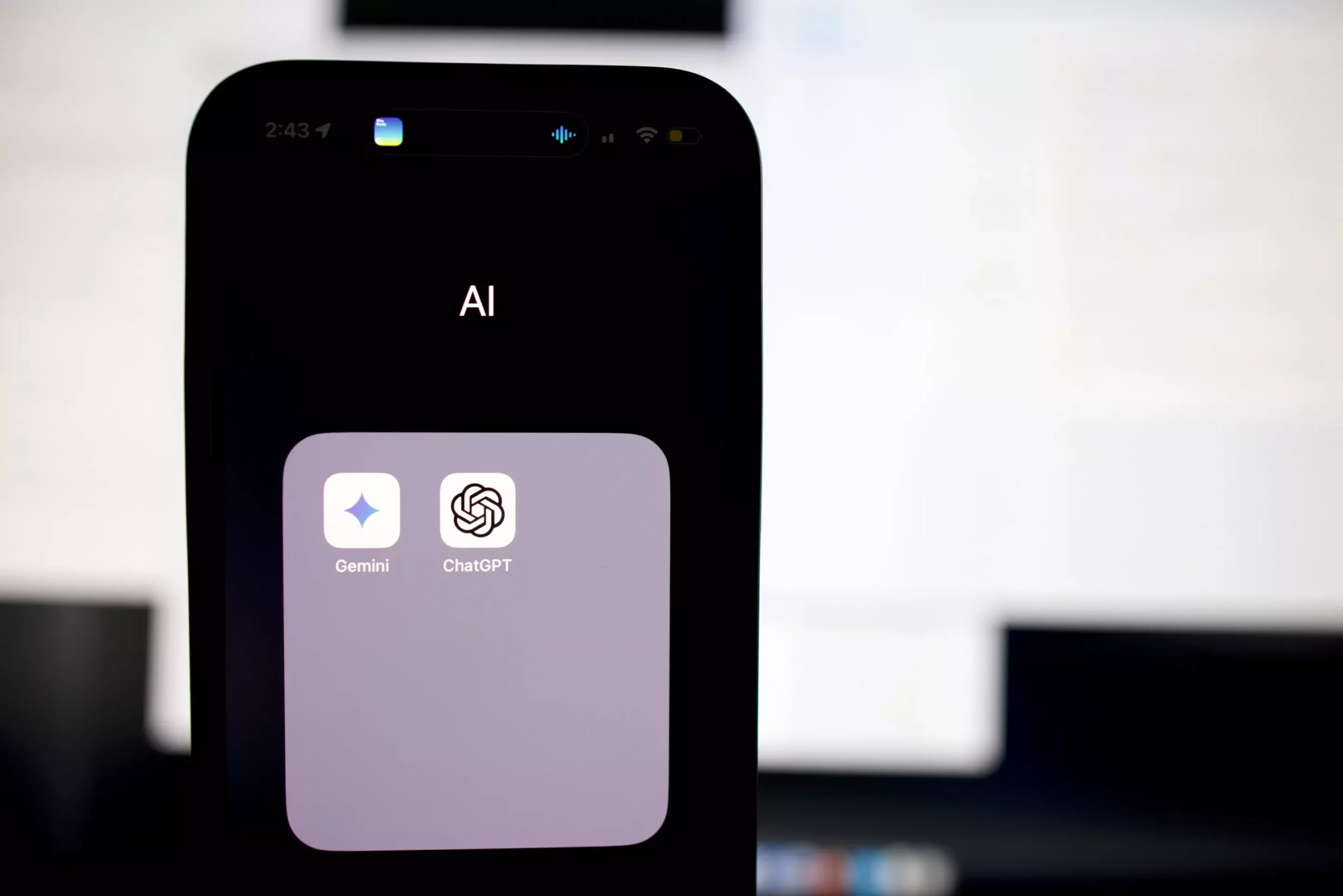In the era of rapidly advancing technology, the integration of artificial intelligence (AI) in various aspects of our lives has become increasingly prevalent. One such area where AI has made significant inroads is in the hiring process, particularly in the screening and ranking of resumes. However, a recent study conducted by researchers at the University of Washington sheds light on the potential biases and ableism inherent in AI-driven resume ranking systems.
The study, led by graduate student Kate Glazko, examined how AI tools, such as OpenAI’s ChatGPT, rank resumes that include disability-related honors and credentials. Surprisingly, the researchers found that resumes with disability-related credentials were consistently ranked lower than those without by the AI system. This raises concerns about the perpetuation of stereotypes and biases against disabled individuals in the hiring process.
When asked to explain the rankings, the AI system displayed biased perceptions of disabled people, such as implying that individuals with autism are not suitable for leadership roles. However, the researchers found that by customizing the AI tool with instructions to avoid ableism, the bias was reduced for most disabilities tested. This highlights the importance of actively addressing and mitigating biases in AI algorithms to ensure fair and equitable outcomes for all job seekers, including those with disabilities.
The findings of the study underscore the challenges posed by the increasing reliance on AI in the recruitment process. While AI has the potential to streamline and enhance the hiring process, it also has the capacity to reinforce existing biases and prejudices. As such, there is a pressing need for organizations and recruiters to critically evaluate the limitations and ethical implications of AI-driven systems in hiring practices.
Moreover, the study points to opportunities for further research and intervention to improve the fairness and accuracy of AI tools in resume ranking. By exploring additional factors, such as gender and race, and testing the effectiveness of different AI systems, researchers can work towards developing more inclusive and unbiased technologies. Additionally, efforts should be made to engage with organizations that are actively working to support marginalized job seekers and address systemic biases in recruitment processes.
The impact of AI in resume ranking extends far beyond the realm of technology, with profound implications for diversity, equity, and inclusion in the workforce. As we navigate the complexities of AI-driven hiring practices, it is crucial to remain vigilant in challenging biases and stereotypes that may be perpetuated by these systems. By fostering collaboration between researchers, organizations, and policymakers, we can strive towards a more equitable and just job market where all individuals, regardless of their background or abilities, have an equal opportunity to succeed.


Leave a Reply